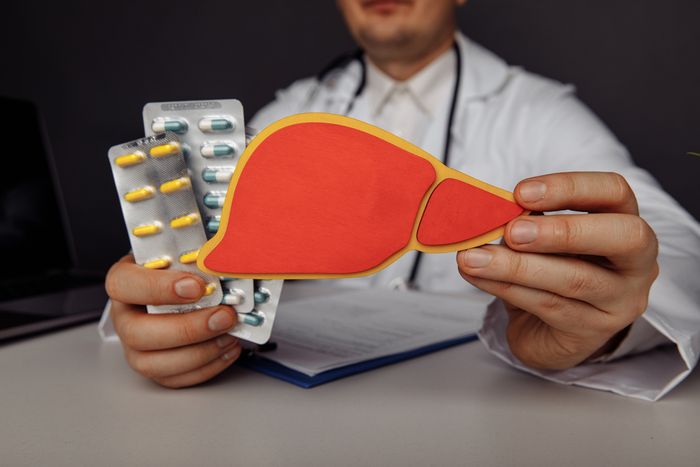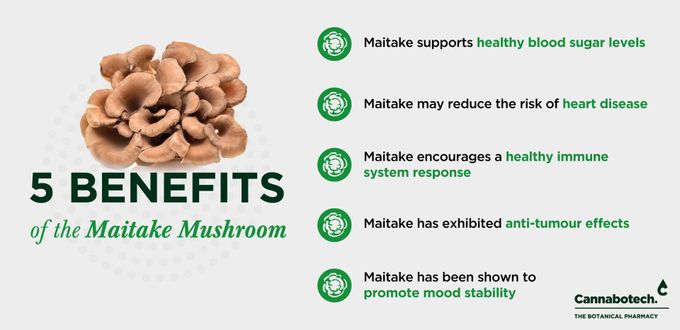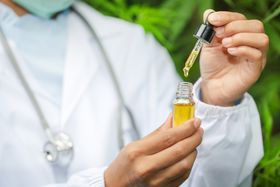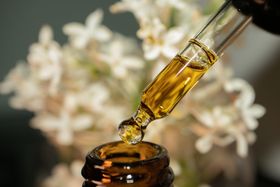7 Ways to Get Rid of Your Fatty Liver
Updated September 22, 2023.

Non-alcoholic fatty liver disease (NAFLD), as well as alcohol-induced fatty liver, are conditions that typically present with abdominal pain, nausea, fatigue, swelling, and jaundice, the cause of which may not always be immediately noticeable. If left untreated, fatty liver disease can lead to severe liver damage and cirrhosis.
Thankfully, the healing ability of the liver is far above the average organ, and so fatty liver disease can often be reversed if caught early enough. That being said, here are the best foods, products, and lifestyle changes that you can make to treat your fatty liver disease.
» Find the perfect CBD remedy for your condition - take free quiz
Causes of a Fatty Liver
Although possible, it's rare for a fatty liver to be caused by anything other than diet and lifestyle choices. While it's true that some conditions can increase your risk of fatty liver, it ultimately comes down to consuming things that will damage the organ. Alcohol is one of the major causes of fatty liver disease, but it can also be caused by consuming too many calories, putting pressure on your body to metabolise the excess fat and store it around vital organs, including the liver.
Conditions that put you at higher risk for developing fatty liver disease are also conditions that are caused by excessive eating of unhealthy foods, such as:
- Obesity
- Type 2 diabetes and insulin resistance
- Metabolic syndrome
4 Foods and Products to Reduce Fatty Liver
While there are foods that can definitely help reduce a fatty liver, preventing or managing it ultimately boils down to eating a balanced diet and avoiding excess calories. Sugary and oily snacks are not only bad for you on a nutritional level, but they are also incredibly high in calories.
With that in mind, here are the different foods you can eat to reduce your fatty liver:
1. Fiber
Fiber is essential for maintaining a healthy digestive system and limiting the uptake of sugar into your bloodstream, thus improving the functioning of your liver.
You can get fiber from:
- Low-sugar fruits
- Whole grains
- Vegetables (especially the leafy green kind)
- Legumes
2. Mushrooms
Mushrooms, the functional kind, in particular, contain a variety of nutritional and therapeutic benefits that may reduce the symptoms and progression of fatty liver disease, such as their anti-inflammatory, antioxidative, and hypoglycemic properties.
To learn more about the benefits of mushrooms, read Functional Mushrooms for Heart Health: Best Ones and How to Use Them.
3. Coffee
Interestingly enough, a meta-analysis published in 2020 found that there was a negative correlation between caffeine consumption and the risk of fatty liver disease. The risks of excessive caffeine consumption still need to be understood and acknowledged, but a daily cup of coffee may help you prevent NAFLD.
4. Fish
Fatty fish can reduce inflammation and contain essential omega-3 fatty acids that—although it may sound counterintuitive—can actually reduce fat in the liver and improve the quantity of high-density lipoprotein (HDL) cholesterol, or "good" cholesterol.
3 Lifestyle Changes to Reduce Fatty Liver
Aside from maintaining a healthy diet, there are various other things you can do to improve your overall health and reverse fatty liver disease.
1. Exercise More
It may seem exhausting to read about the benefits of exercise in every post about every health condition, but it's not without reason. Consistent exercise is one of the most essential things you can do to improve your overall mental and physical health.
Exercise can help you lose weight, reducing your risk of diabetes and obesity. Additionally, exercise can improve the efficiency of your cardiovascular system, which can increase the supply of oxygen getting to your essential organs and improve their functions, all of which can reduce the impact and progression of fatty liver disease.
2. Get More Sleep
The risks of sleep deprivation are extensive, and among them are increases in inflammation and oxidative stress, elevated emotional stress levels, and a reduced immune system.
If you are struggling to meet your recommended hours of sleep every night, read Tips to Fix Your Sleep Schedule Based on Research or Ways to Improve Your Sleep Quality.
Alternatively, if none of those techniques work, consider using some natural sleep aids.
3. Reduce Emotional Stress
Similar to sleep deprivation, high levels of stress can also impact your health and immune system as well as increase the build-up of inflammation and oxidative stress.
If you're finding it difficult to lower your stress naturally, read our Ways to Reduce Stress.
4. Reduce Alcohol Intake
Alcohol is one of the primary causes of fatty liver disease. While drinking in moderation and on occasion isn't too harmful to your body, excessive drinking can impact your overall health and put extreme stress on the liver. According to research, around 35% of regular drinkers develop advanced stages of liver disease.
Can a Fatty Liver Be Reversed?
Unfortunately, there isn't a set-in-stone answer to this question as it depends on various physiological factors and the progression of the disorder. The early stages of fatty liver, as well as steatohepatitis—characterised by a fatty liver with inflammation—can usually be reversed with the right methods.
Liver fibrosis, which is characterised by scarring as well as fat and inflammation, won't inhibit the liver's ability to function too much and can still be reversed to some degree, but is far more difficult to do so.
Liver cirrhosis, characterised by severe scarring of the liver, is almost always irreversible and will dramatically inhibit the liver's ability to function. At this stage, further damage may be reversed with the right mechanisms, but it's highly unlikely that the liver can return to normal.









